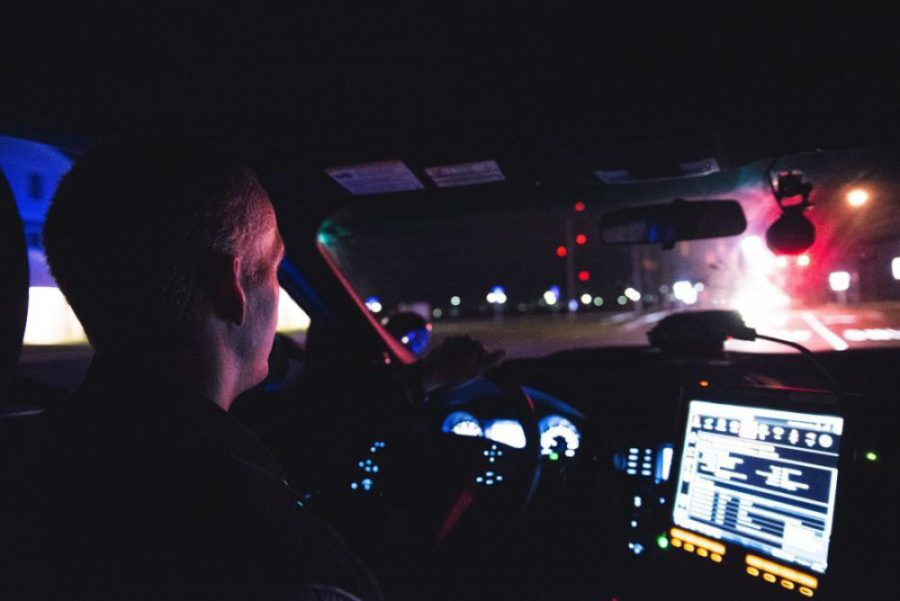GVPD cautions against excessive drinking, encourages students to seek help in emergencies
Nov 29, 2021
Grand Valley Police Department Assistant Director of Public Safety and Captain Jeff Stoll said that Grand Valley State University has had multiple students admitted to the hospital for alcohol overconsumption over the course of the semester.
Stoll said that the GVPD was grateful for the friends of students who sought out help by calling 911, allowing them to provide medical assistance to GVSU students in need.
This is thanks to Medical and Student Amnesty policies at GVSU, and in the state of Michigan. In an effort to encourage students to seek help in alcohol and drug-related medical emergencies, GVSU policy may provide amnesty to GVSU students who are seeking help or experiencing the medical emergency associated with drugs and/or alcohol. These scenarios include where a GVSU student would not face formal university disciplinary action and the creation of a formal disciplinary record, nor be subject to legal consequences from GVPD or Ottawa County Sheriffs Department.
Additionally, Michigan medical amnesty law provides an exemption from prosecution for the following situations: A minor who, after consuming alcohol, voluntarily presents themselves to a health facility or agency for treatment or observation, including medical examination and treatment for any condition as a result of sexual assault. Any minor who accompanied an individual who, after consuming alcohol, voluntarily presented themselves to a health facility or agency for treatment or observation, including medical examination and treatment for any condition as a result of sexual assault. Any minor who initiated contact with law enforcement or emergency medical services personnel for the purpose of obtaining medical assistance in connection with a legitimate health care concern.
“We’re always concerned about people who choose to consume alcohol in excess because it endangers their lives,” Stoll said. “When you’re drinking to excess, it’s important to keep track of how much and what it is that you are drinking.”
According to the National Institute on Alcohol Abuse and Alcoholism (NIAAA), a standard drink contains 0.6 ounces of pure alcohol. This can commonly be found in a bottle of beer at 5% alcohol by volume (ABV), eight ounces of malt liquor at 7% ABV, five ounces of wine at 12% ABV, and 1.5 ounces of hard liquor, or one shot, at 40% ABV.
“Be aware of what you’re consuming, how much you’re consuming and how often you consume,” Stoll said. “All of those are factors that drastically increase or decrease the risk that you put on your body for excessive alcohol consumption.”
When making the decision to consume alcohol, whether it be to excess or not, it’s a good idea to establish individuals that will remain sober so that they’re able to mitigate risky or dangerous behavior and they know when to seek out help.
According to the CDC, each year 3,500 young people lose their lives due to alcohol poisoning. In situations where help could have been called, studies show that people who are worried about being charged as a MIP will not seek medical assistance for themselves or their peers. The Medical Amnesty legislation eliminates the worry for such charges, as it grants limited immunity for those who need to seek help for themselves or another individual that is in dire need of immediate medical attention.























